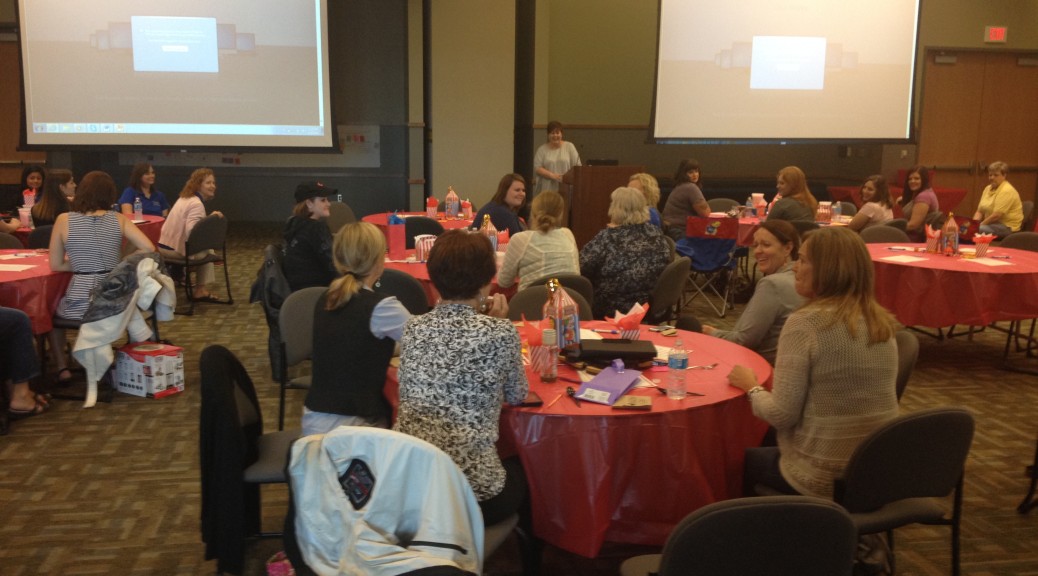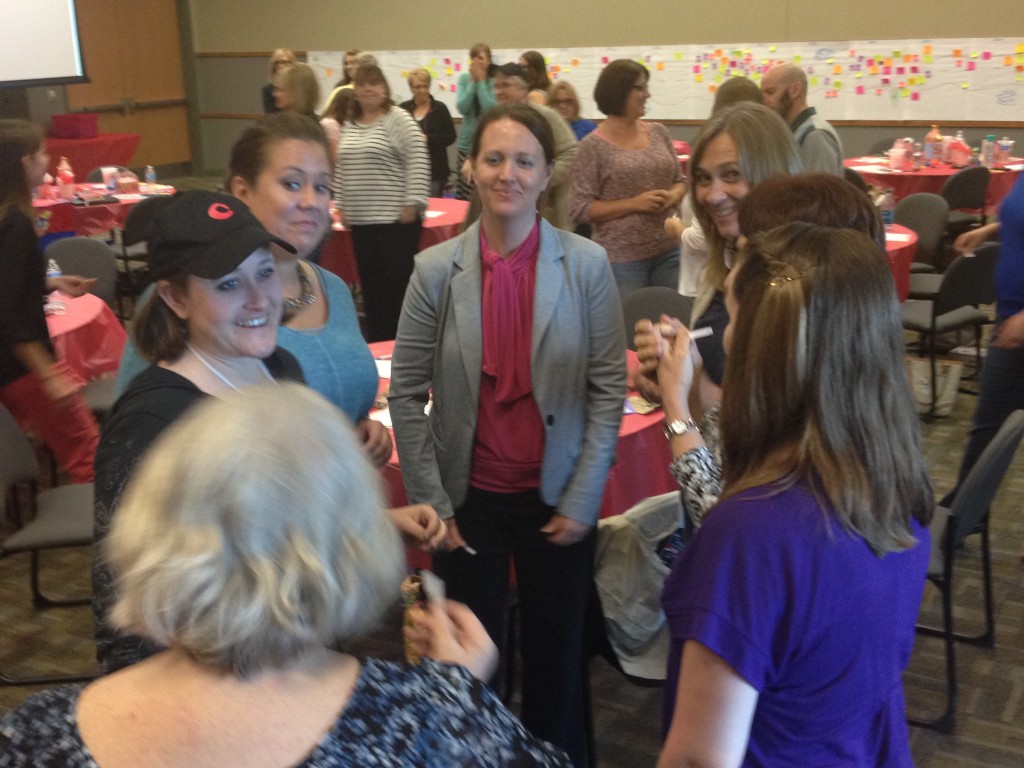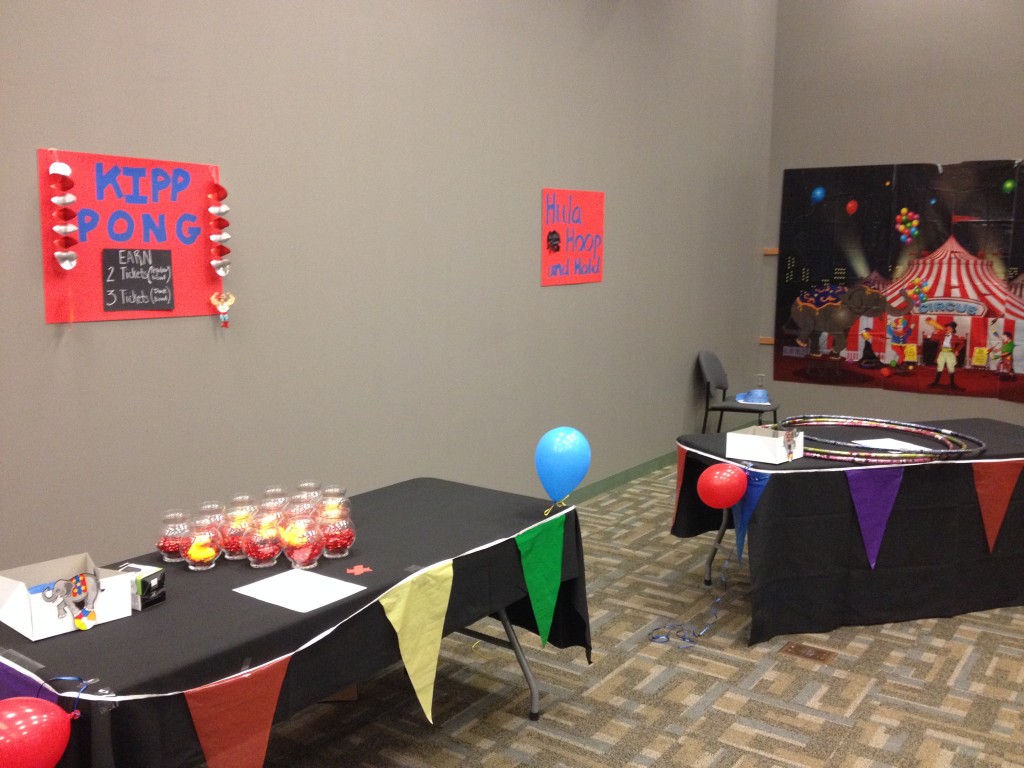Kansas Intensive Permanency Program (KIPP) Team Celebrates Fourth Year

On September 25, professionals from four organizations gathered at the Ball Conference Center in Olathe, Kan. to celebrate a successful fourth year of the five-year Kansas Intensive Permanency Program, also known as KIPP.
“What is KIPP?,” you might ask? It is an innovative program focused on helping a targeted group of people: children who have been removed from their homes due to abuse, neglect or other family challenges, and who have serious emotional disturbance (SED).
It is important for society to help all children find their place in a safe and lasting family — whether that means reintegration with their birth family or adoption — however children with serious emotional disturbance have the most serious barriers to achieving that permanency. KIPP was developed to saturate the lives of these children and families with intensive support in order to greatly increase their chance at reintegration and long-term wellbeing. Research is being conducted throughout the program to measure the results.
The four organizations involved are the University of Kansas; the Kansas Department for Children and Family Services; and Kansas’ two private providers of foster care — KVC Kansas and St. Francis Community Services. The program’s goals are to:
- Provide intensive services to support families with children in foster care.
- Help families of children with serious emotional disturbance (SED) reintegrate earlier and with more stability.
- Increase families’ capacity to provide for their children’s needs.
- Work with the family and community on addressing barriers to reintegration.
- Connect families to community services and supports
The celebration held in late September had a carnival theme in order to facilitate team-building among the many supervisors and therapists involved in administering the KIPP program.
Dr. Becci Akin, Assistant Professor at the University of Kansas, reported that some of the KIPP program highlights to date include:
Thousands of Children and Families Served
- More than 7,600 children (3-16 years old) have been screened for emotional and behavioral health problems
- More than 930 families have consented to participate in the KIPP study, and more than 525 families have received KIPP services
- More than 15,800 KIPP therapy sessions have been delivered
Clinicians Received PMTO Training and Coaching
Parent Management Training – Oregon Model (PMTO) is an evidence-based intervention. This means that it has been demonstrated, through scientific studies, to be effective in treating behavioral problems. PMTO empowers parents with effective child-rearing strategies. KIPP uses PMTO to help children and families.
- 3 cohorts of trainees have received a total of 432 hours of training
- KIPP clinicians have received 1,400 feedback sessions delivered by Kansas PMTO Coaches
- 12 clinicians have been certified as PMTO therapists
- 3 therapists have gone on to become certified KIPP Trainers (2 more are in training)
- 6 therapists have advanced to become certified PMTO Coaches (6 more are in training)
- 7 therapists are now reliable fidelity raters for PMTO (1 more in training)
Intensive Therapy Helps Reintegration
In the KIPP formative evaluation, KU researchers found that:
- Significantly more children in treatment families returned home than children in the comparison families
- Children were also much more likely to reunify if they completed treatment as compared to those that dropped out of treatment
- Treatment completion was associated with improvements in children’s mental health functioning
Here are some pictures of the KIPP leaders and therapists celebrating year four with some team-building activities. They are now entering the fifth and final year of the program.



